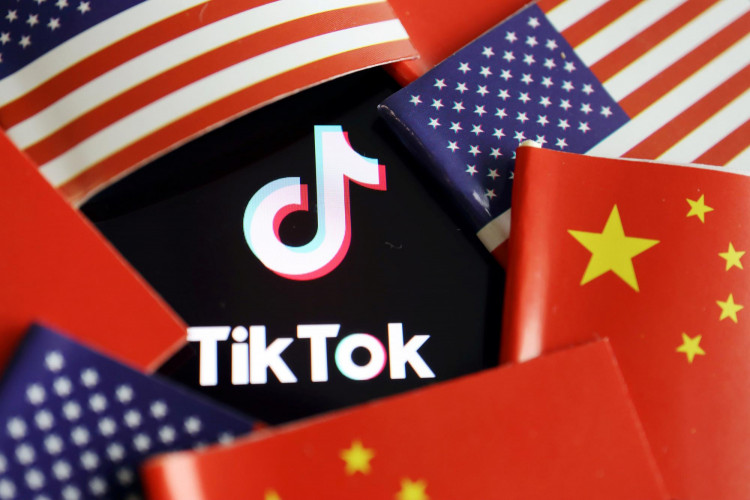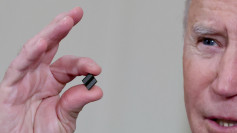In a resounding 352-65 vote, the House of Representatives approved a bill on Wednesday that could effectively ban the popular social video app TikTok in the United States unless its Chinese parent company, ByteDance, divests the platform. The legislation, known as the Protecting Americans from Foreign Adversary Controlled Applications Act, now heads to the Senate, where its future remains uncertain as senators appear divided on the issue.
The bill, introduced by Reps. Mike Gallagher (R-Wis.) and Raja Krishnamoorthi (D-Ill.) of the House Select Committee on the Chinese Communist Party, requires ByteDance to divest TikTok within roughly six months for the app to remain available in the U.S. If enacted, app store owners like Apple and Google, along with internet-hosting companies, would be prohibited from supporting TikTok and other apps linked to ByteDance.
"This bill is an outright ban of TikTok, no matter how much the authors try to disguise it," a TikTok spokesperson said in response to the House vote. "This legislation will trample the First Amendment rights of 170 million Americans and deprive 5 million small businesses of a platform they rely on to grow and create jobs."
The push for a TikTok ban has faced resistance from various quarters, including former President Donald Trump, who once supported such measures but has since equivocated on his position. In a recent interview with CNBC, Trump acknowledged that TikTok poses a national security threat but argued that banning the app would benefit Facebook, which he considers an "enemy of the people."
Despite the opposition, the bill garnered bipartisan support in the House, with lawmakers from both parties claiming that TikTok poses a national security risk due to its alleged ties to the Chinese Communist Party. TikTok CEO Shou Zi Chew has denied these allegations during Senate hearings.
"This process was secret and the bill was jammed through for one reason: it's a ban," a TikTok spokesperson said after the vote. "We are hopeful that the Senate will consider the facts, listen to their constituents, and realize the impact on the economy, 7 million small businesses, and the 170 million Americans who use our service."
President Joe Biden, who created an official TikTok account in February as part of his election campaign, has previously stated that he would sign the bill if it is passed. White House press secretary Karine Jean-Pierre acknowledged that the White House is providing "technical support" in crafting the legislation.
The potential ban has prompted several prominent TikTok creators to seek ways to diversify their businesses and brands outside of the platform. Meanwhile, tech policy and civil liberties organizations like the American Civil Liberties Union and the Knight Institute have opposed the bill, citing concerns over First Amendment rights violations.
If the bill passes, Angelo Zino, a vice president and senior equity analyst at CFRA Research, told CNBC that TikTok's U.S.-only business "could fetch a valuation north of $60 billion" when "looking at peer valuations in the market." However, he cautioned that "ByteDance could decide to just have TikTok stop doing business in the U.S. if forced to do so."
As the fight over TikTok's future shifts to the Senate, the app's fate hangs in the balance. The overwhelming bipartisan support in the House has set the stage for a potential showdown, with TikTok's 170 million American users, small businesses, and creators caught in the middle of a geopolitical and economic battle.
CNBC and CNN contributed to this report.






